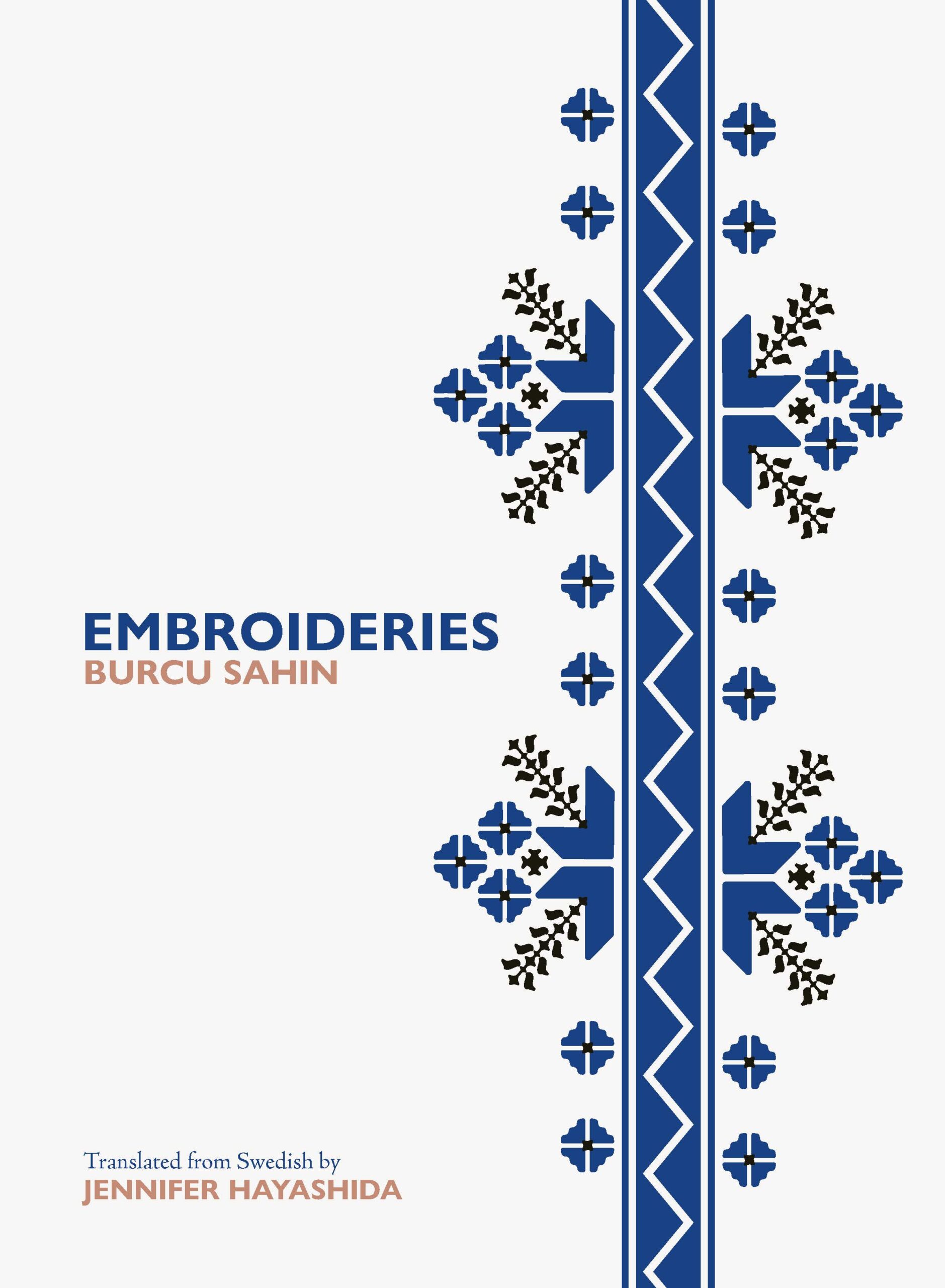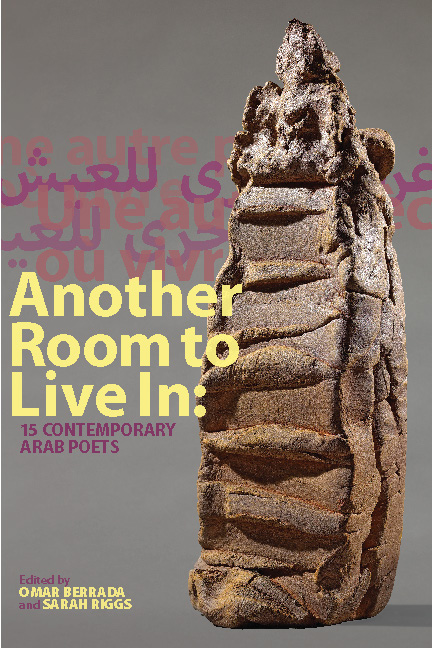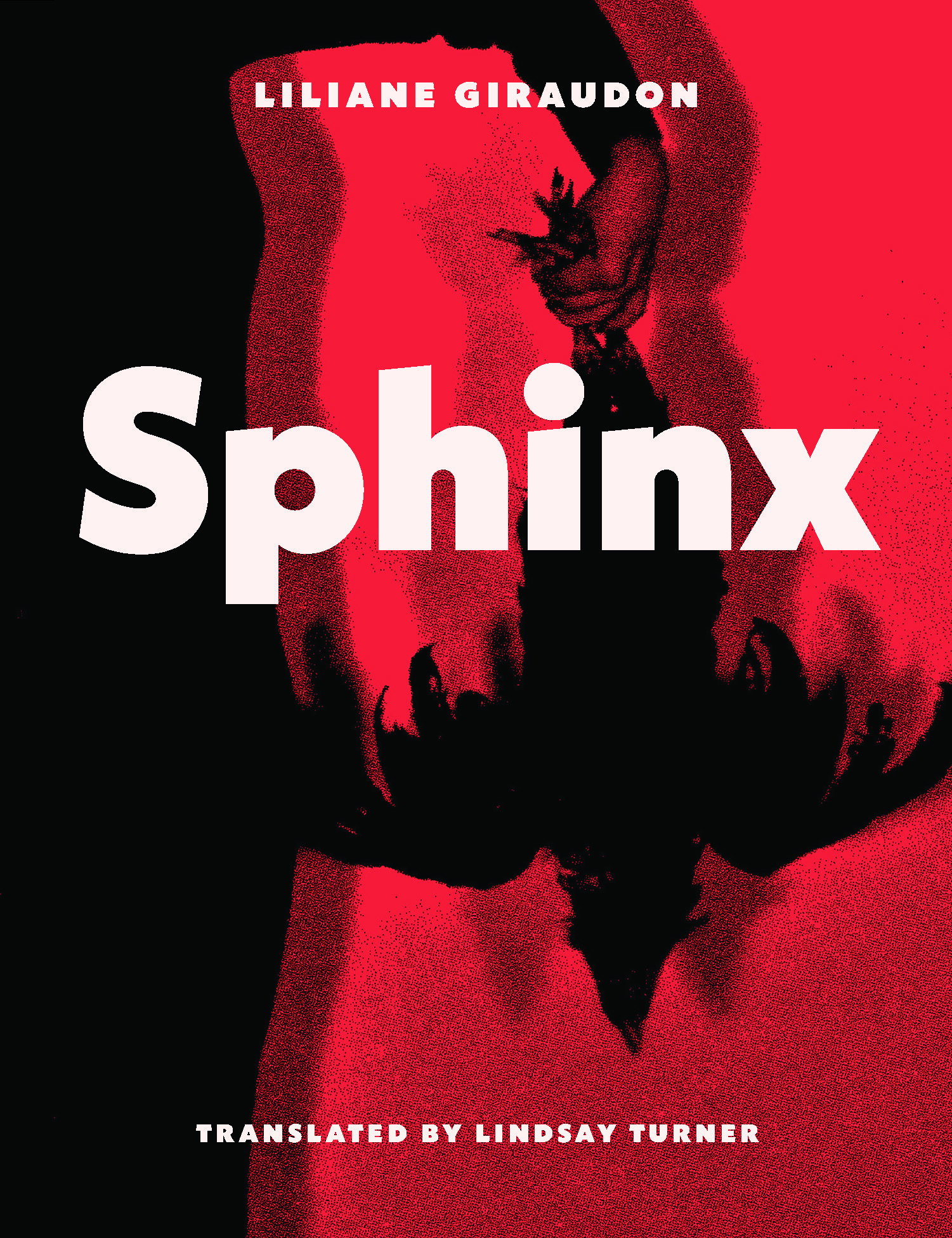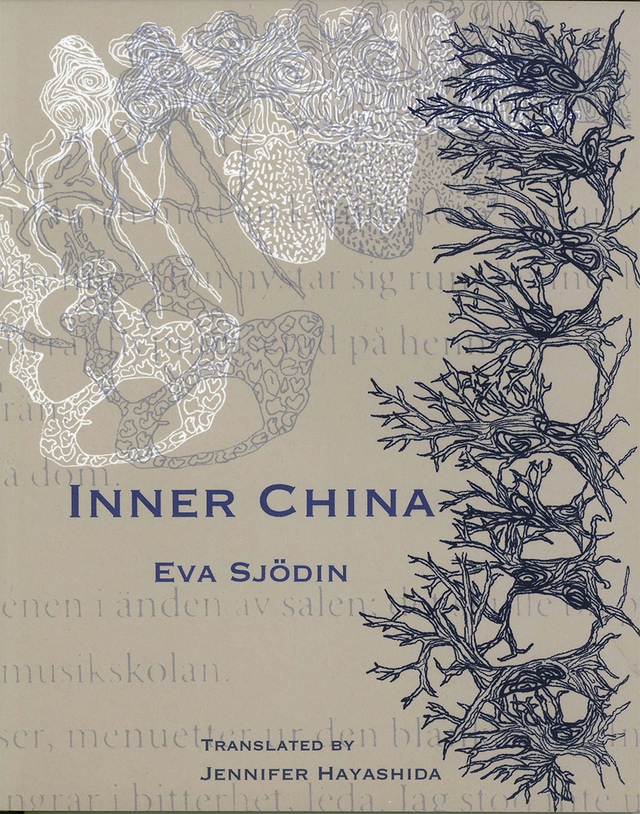In Burcu Sahin’s acclaimed poetry debut, Embroideries, poem-threads are using memory, fragments, and loss of meaning as a way of speaking. Mothers and daughters take turns in sewing and caring for one another as they abandon and return to their work with longing and grief, “memory of the palm / hardens the skin.”
This first full-length English-language book of Sahin, translated by Jennifer Hayashida, is finely wrought without sentimentality: what gradually appears in these poems is a genealogy of laboring daughters and mothers who are also daughters – their care, political commitments, and loyalties. Through the dual concepts of sewing and language the poems account for women whose lives and solidarities have not been documented in official histories or institutions, but in stitches.
Cover artwork based on an embroidery by Zehra Alkan.
Jennifer Hayashida
Burcu Sahin
Praise for Embroideries
Burcu Sahin crochets the sinews of diaspora across the intergenerational wounds of grandmothers, mothers, and daughters—the “scattered.” And Jennifer Hayashida’s brilliant translation rethreads, reweaves, repleats language of wound, history’s lace.
— Don Mee Choi
In Embroideries, Burcu Sahin stitches the lives of working-class Muslim immigrant women into language. Here, acute attention is paid to those expressions of love that can survive the all-encompassing exhaustion of care work and the ways this love shapes those who receive it. The mothers, grandmothers, and daughters in these poems exist in the context of asphalt and racial capitalism, while dreaming of better laws and songs sung in their praise. Sahin sings them with unsentimental precision, and Jennifer Hayashida’s incredibly perceptive translation recreates that music. There is so much beauty and grief in these spare verses.
— Elizabeth Clark Wessel
These woven textures composed of lace, prayer, shared food, distilled memories and uncertain tender roles are beautifully drawn in language. Rather than reveal a singular image, the weavings or the embroideries let us into an intimate, familial history that insists on continuing to exist.
— Youmna Chlala




